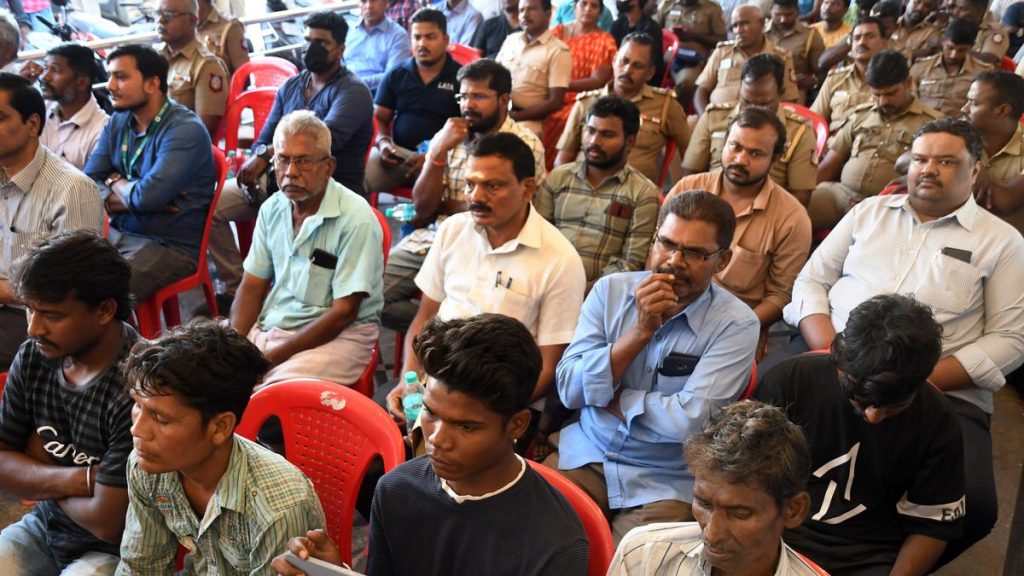The Tamil Nadu government has announced that it will carry out a full census of migrant workers living and working in the state. The new initiative will cover all 38 districts and is designed to collect accurate information about the people who have moved from other parts of India to find jobs in Tamil Nadu. Officials say the move will improve how the state supports and protects migrant workers.
Tamil Nadu is one of the most popular destinations for labourers from states such as Bihar, Odisha, and West Bengal. According to government estimates, the state is currently home to around 35 lakh migrant workers. Many of them are employed in construction, manufacturing, agriculture and service-related industries.
District-level teams led by revenue officials will take charge of the census. They will be supported by the police and the labour department to make sure the information is correct and complete. The census will collect data about the number of workers, their home states, the type of work they do, and their living conditions.
The state government believes that without accurate information, it is difficult to make effective plans or set up strong policies that protect workers. The new census will help the government design better welfare programmes and ensure access to healthcare, safe housing and social support specifically for migrant families.
Why is Tamil Nadu taking this step now? Officials say that several cases of social tension and labour conflicts in recent years were linked to a poor understanding of migrant communities. With proper data, the government hopes to prevent misunderstandings and reduce the risk of unrest in the future.
Another important goal of the census is to improve the education and safety of the children of migrant workers. Accurate information will help the government develop programmes and schools in areas where migrant populations are high.
The government also stated that the results of the census would support long-term efforts to address labour shortages and improve the working environment in key sectors. Many businesses have already welcomed the move and said that better information can help with planning and local development.
By taking this step, Tamil Nadu hopes to create a safer, more inclusive and more stable environment for migrant workers while boosting regional growth and protecting vulnerable communities across the state.

